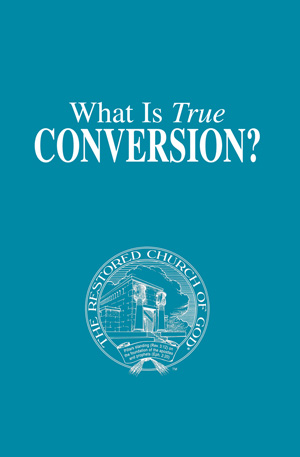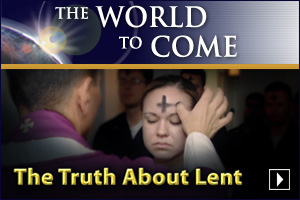A Christian should confess his sins to God—not men. Read of David’s example in Psalm 51. Sins cannot be forgiven by any man. No man can mediate between God and mankind. Christ alone holds this office. The apostle Paul wrote, “Wherefore He [Christ] is able also to save them to the uttermost that come unto God by Him, seeing He ever lives to make intercession for them” (Hebrews 7:25). Paul also wrote, “For there is one God, and one mediator between God and men, the man Christ Jesus” (I Tim. 2:5). Therefore, a person should confess his sins to God—not to another human being.
The apostle John wrote, in I John 2:1-2, that when we sin, we have an advocate with God the Father—Jesus Christ. When we confess our sins to God, He is faithful to forgive us. We can therefore boldly approach His throne of grace (Heb. 4:14-16).
God’s Word tells us that we may confess our faults to our brethren—so that we can pray for one another (Jas. 5:16). However, there is a difference between asking a brother’s (or sister’s) help in overcoming a human weakness—or fault—and confessing past sins. A Christian should not confess his sins to another person, because it is only God who can forgive us of our sins (Mark 2:7-10; Luke 5:21-24). God also forgets our sins once we have repented of them, whereas people do not.
Some have tried to cite John 20:23 as proof that ministers and priests have the authority to forgive sins. It states, “If you forgive the sins of any, they are forgiven; if you retain the sins of any, they are retained.” This verse does not mean that physical men can forgive sins in a spiritual sense. The context of Christ’s words in this verse was the authority—to disfellowship dissenters and heretics (and to allow them back into the congregation, after repentance)—that He was giving to His future apostles and ministers (Jn. 20:21; I Cor. 5:2; I Tim. 1:20).
You may read our booklet What Is True Conversion? It gives much insight concerning the subject of repentance and conversion.
While newspapers, magazines and other news media report what happened, The Real Truth analyzes and explains the root cause of why events happen—why humanity is at a loss to solve today’s problems.



















